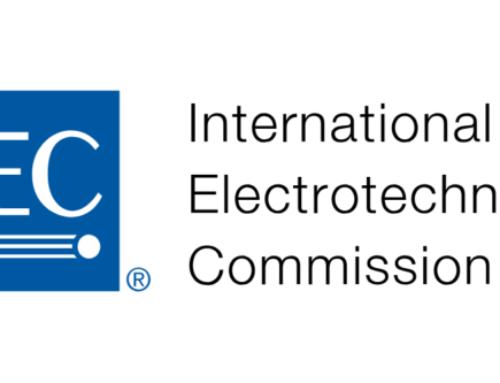On 23 February 2022, after the approval of the Inter-ministerial Joint Conference System of the State Council for Coordinating and Promoting Standardisation, SAC and other 16 ministries and national associations jointly issued the Opinions on Promoting the Sound Development of Association Standards (hereinafter referred to as the Opinions). The objective of the Opinions is to contribute to the implementation of the Outline on the State’s Standardisation Development, regulate association standardisation, and thus promote high-quality development. To achieve this purpose, the Opinions put forward a set of measures to improve the standardisation capabilities of relevant organisations, to shift the formulation mode of the association standards from government-led to market-driven, to promote the application, evaluation and supervision of association standards, and to incubate a batch of high-level organisations for association standards, etc.
The following is a summary of the key points of the Opinions that may interest foreign enterprises:
- Association standards formulation in cybersecurity. According to the Opinions, association standards formulation in cybersecurity that involves nationalsecurity and public interests shall still be guided by the Cyberspace Administration of China and other relevant ministries of State Council. Therefore, even though association standards will increasingly be encouraged to be driven by the market in general, the government will still play an important role in certain key areas, especially those involving national security and public interests.
- Good Practice List for promoting association standards. The Opinions encourage relevantassociations to meet the qualification requirements indicated in the Good Practice List of the Associations in Standardisation. At the same time, the Opinions support the establishment of an incubation list of high-level organisations for association standards: this list will be useful for foreign enterprises to identify high-quality and influential associations and their standards.
- Association standards as the main interface of international standards formulation. The Opinions support qualified associations to act astechnical counterparts units of international standardisation organisations. This is very significant, as in the past only governmental technical committees were allowed to act as such. Therefore, the associations participating in the formulation of international standards will raise the influence of association standards and provide opportunities for domestic enterprises to participate in international standards formulation.
- Incentive policies for promoting association standards. The Opinions supporta series of incentive policies for the development of association standards, including: completing the conversion system of association standards into recommended national standards, encouraging administrative departments to promote association standards as an important evaluation indicator of scientific research outputs, encouraging departments to grant rewards to association standards that greatly boost economic and social development, as well as establishing relevant financing credit system for encouraging enterprises to apply association standards.
- Items awaiting further clarification. In the Opinions,there are two items that are not yet clarified, namely: “promoting the communication, cooperation and coordination among associations in standards formulation”, and “encouraging professional technical committees and standardisation development organisations to support the association standards development”. Further clarification from the government will be needed.




